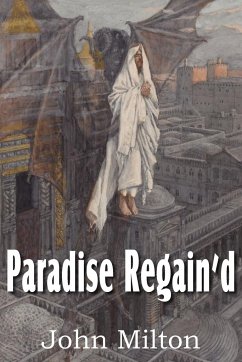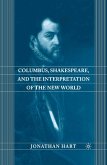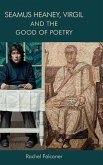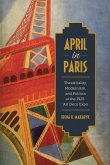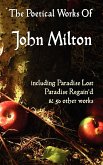Paradise Regain'd is a poem by the English poet John Milton, published in 1671. It is connected by name to his earlier and more famous epic poem Paradise Lost and deals with the Temptation of Christ. As implied by its title, Milton sets out to show the reversal of the loss of Paradise and that everything that was lost in the first epic will be regained by the end of the mini-epic. Paradise Regain'd also focuses on the idea of hunger, both in a literal and in a spiritual sense. After wandering in the wilderness for forty days Jesus is starved of both food and the Word of God. Satan tempts Christ with food, power and glory but Jesus continually denies him.
Hinweis: Dieser Artikel kann nur an eine deutsche Lieferadresse ausgeliefert werden.
Hinweis: Dieser Artikel kann nur an eine deutsche Lieferadresse ausgeliefert werden.

